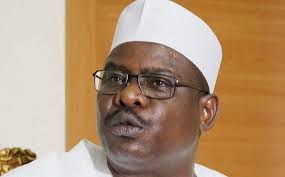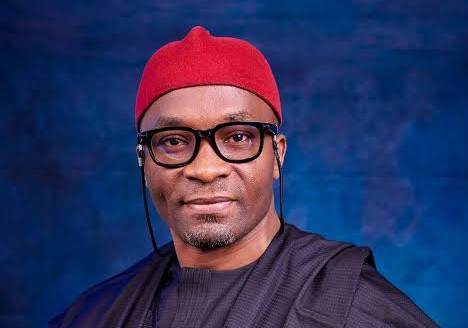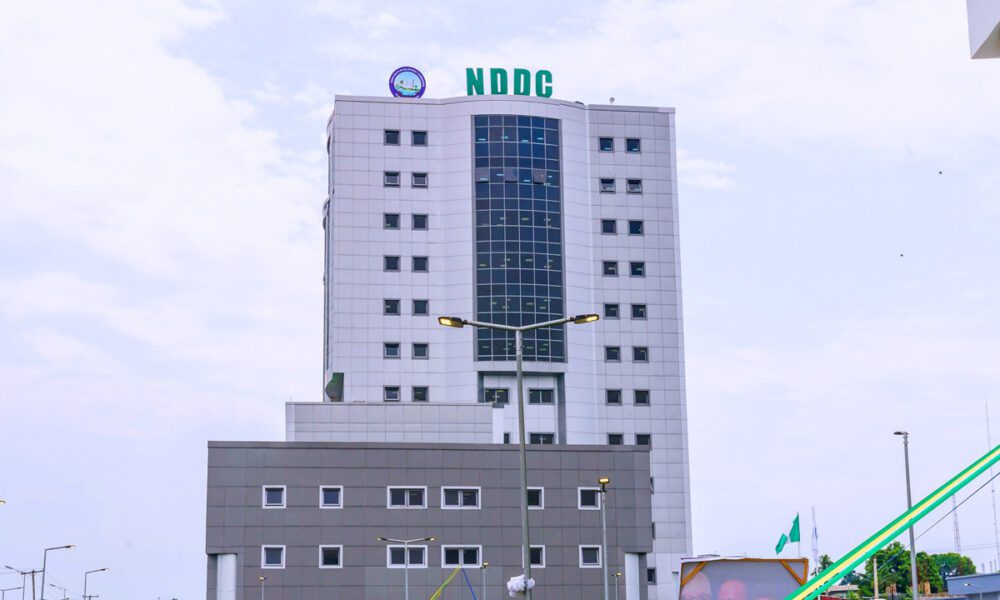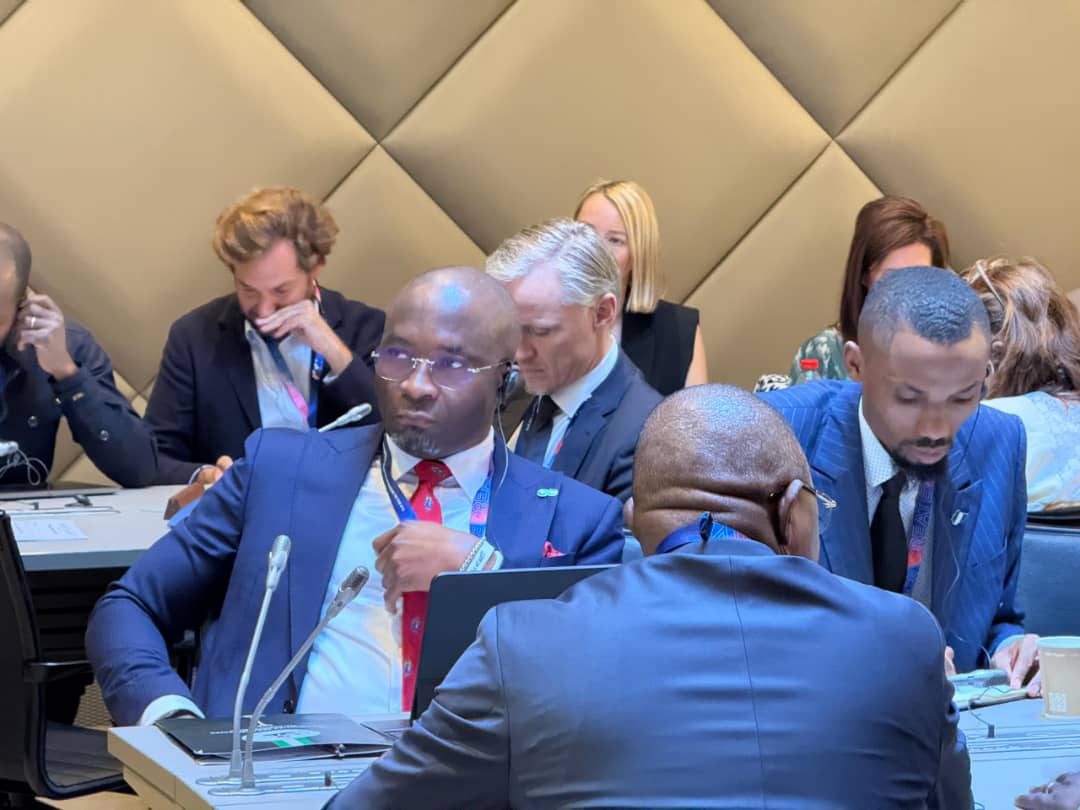**Asks new govt to incorporate them as resource persons
The Senator representing Borno South, Ali Ndume has made a strong case for deliberate action towards the preservation of institutional memory in the Nigerian Parliament for a vibrant legislature
A trend of high turnover in the Nigerian legislature after each cycle of general elections has become reoccurring decimal
Ndume who was elected member of the Federal House of Representatives from 2003 to 2011 was elected senator in 2011 and has been re-elected senator for the third consecutive time.
Why making his contribution at the Valedictory session on Saturday he said,
“We have done all we could, we have cooperated that much but can we say we have succeeded when 75% of us are not coming back and when the new ones come in they are not going to be handover notes to them they are going to start afresh, we are found to start afresh.
“Then some of us that are coming back just about 25% is just like coming into your house as a tenant. I will be a stranger in the Senate during the 10th Senate because only 25% are returning, 75% of us are not coming back and not because we don’t want to come back or that we dont deserve to come back.
Ndume who seemed to be on the sane page with those advocating for the Senate to be scrapped asked rhetoricaly what the essence of the upper legislative chamber is if there is no institutional memory

“This is something that we should really consider because the institution is going down, we are saying the Senate is important. Anybody that is saying that the Senate should not be scrapped, what is the use of the Senate when the content of the Senate is vague?
“I won election but it was a tough one but at the end of it I am now saying is it worth it? We need to look at that. My purpose of coming here is to appologise
We have been here for a very long time from 2003 till date, senate President came in since 1999 till date.
“This is an institution. The president of America was in the Senate for 35 years. That institution will grow. The President of the Senate of America is the vice President and the senate President protempo is the most senior.
“This is the importance of experience but here we are starting all over again. Anyway I came here to appologise, you know me very well.
“We have been here for four years and then some people call me the rebel leader and all that. But it is okay because in every system you must have such persons.
“I am going to miss all of you. I am going to make a request, these gentlemen and ladies that are not coming back are very important resource to Nigerians. “They should be incorporated. We should ensure that our colleagues who are resourceful are useful to this country. They should be called back to serve in various capacities especially now when we have the leadership in the hands of legislators.
Another senator James manager who has spent 20 years in the Senate said he was never a counselor or a member of the House of Reps but he has been in the Senate since 2003 till date saying it is an emotive privilege for me.
“To God be the glory that today I am here for the number of years I am in active service, I am a freeman, this is the work of the Almighty God, it is not my making. I walked into this place a very healthy man and I am leaving a very healthy man
“I want to thank my people, the Delta South People for tolerating me for 20 years. My people Ijaw people, my maternal people the Isoko people, Itsekiri people, Urhobo people.
“My senatorial district is very complicated they continued to elect me and re elect me for 20 years and when I said I was no longer contesting for Senate that is when they decided to leave me.”




